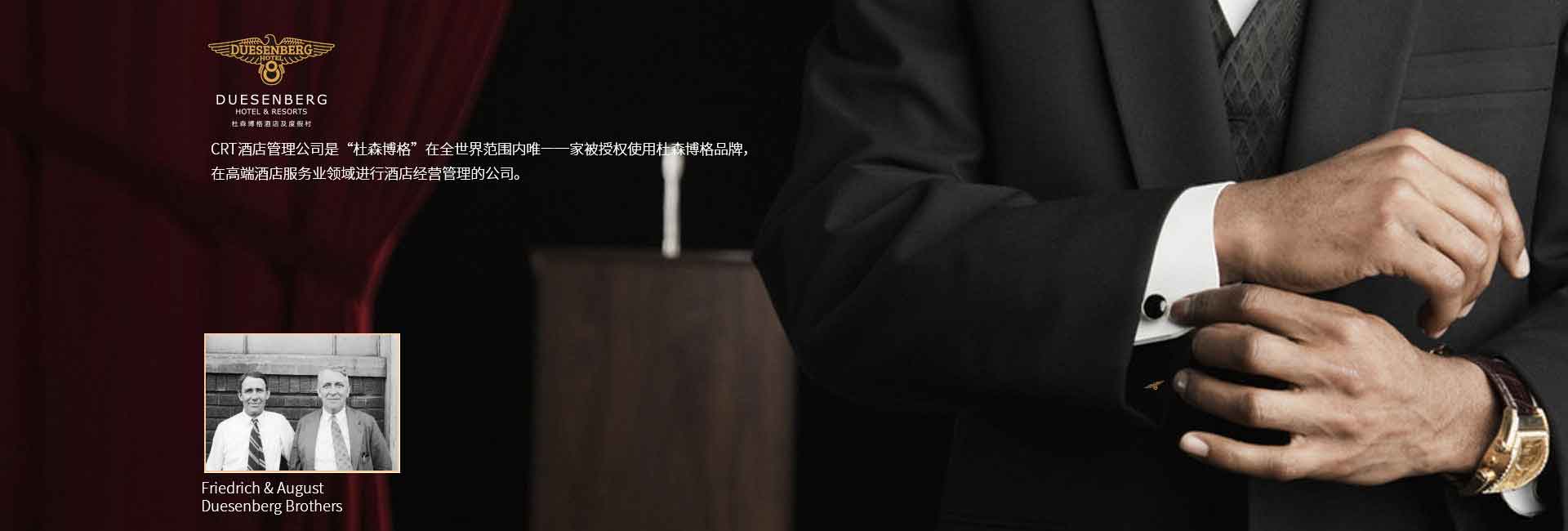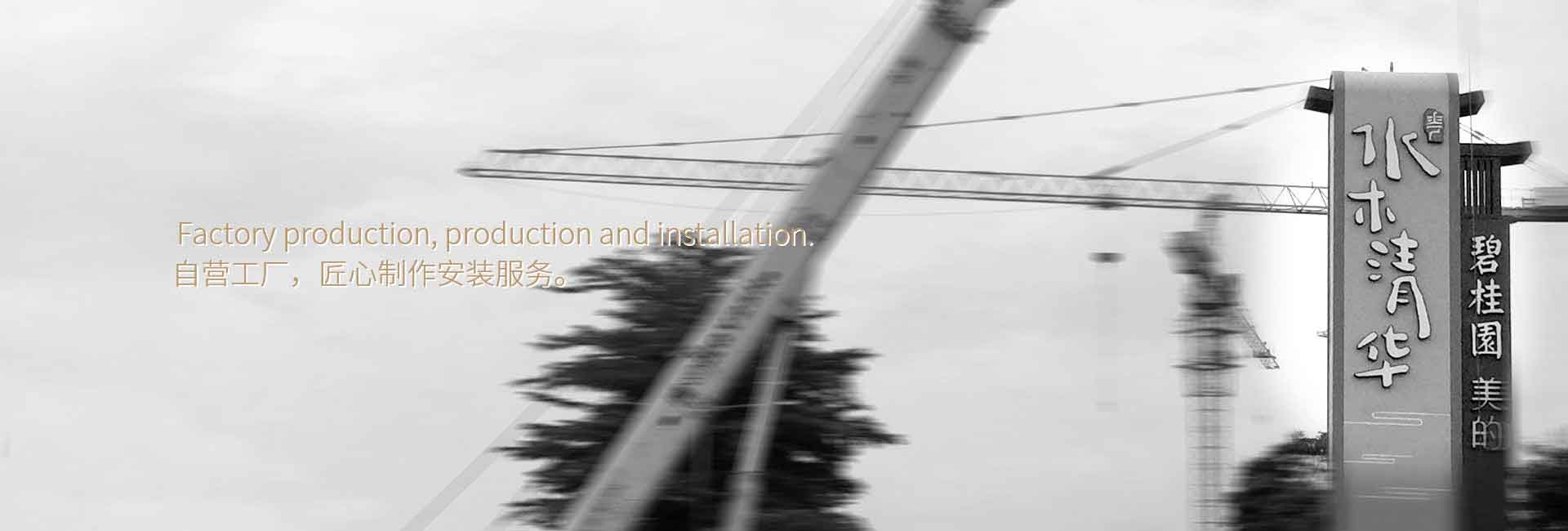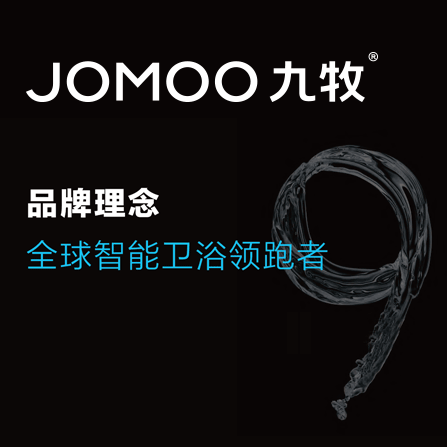北京標(biāo)識(shí)設(shè)計(jì)--品牌標(biāo)志立勢(shì)命名法
誠(chéng)然,有遠(yuǎn)見(jiàn)的商業(yè)品牌當(dāng)存雄心壯志,強(qiáng)勢(shì)品牌標(biāo)志的名字說(shuō)出來(lái)也要鏗有力,挾著一股氣勢(shì),是謂“立勢(shì)命名法”。
立勢(shì)命名法一般不超過(guò)三個(gè)漢字,英文長(zhǎng)度一般不超過(guò)八個(gè)字母,發(fā)音呈現(xiàn)上揚(yáng)的風(fēng)格,發(fā)出的音調(diào)洪亮清晰,有氣魄、有氣勢(shì),且產(chǎn)業(yè)發(fā)音在結(jié)構(gòu)上相互對(duì)稱,大有豪情萬(wàn)丈,一覽眾山小的文字韻味。
例如:長(zhǎng)江、長(zhǎng)城、長(zhǎng)虹、萬(wàn)科、正大、奔騰(Pentium)、上海盛大、湖南遠(yuǎn)大中央空調(diào)等,在品牌標(biāo)志建立的命名上就明確了志存高遠(yuǎn)的企業(yè)價(jià)值觀。
品牌標(biāo)志命名必須要簡(jiǎn)單,要考慮國(guó)內(nèi)商標(biāo)注冊(cè)在先的法律原則,而且最好用未來(lái)是否參與國(guó)際化流通的發(fā)展趨勢(shì)來(lái)衡量。在網(wǎng)絡(luò)傳播有增無(wú)減的今天,當(dāng)然還要考慮到 Internet的網(wǎng)站域名注冊(cè)問(wèn)題。
日本的SONY、 CANON,韓國(guó)的LG、 SAMSUNG都是使用非母語(yǔ)來(lái)命名的,而作為公司名稱和品牌名稱的統(tǒng)一體,這些著名品牌的產(chǎn)品暢行全世界,而不用所謂的本土化、落地化更改名號(hào),充分顯示出這些耳濡目染的商業(yè)品牌在建立之初的立意高遠(yuǎn)。 隨著全球經(jīng)濟(jì)的一體化、市場(chǎng)的全球化趨勢(shì),這種用“世界語(yǔ)”命名的方式值得本土品牌借鑒與參考。

It is true that far sighted commercial brands should be ambitious, and the names of strong brands should be forceful and forceful, which is called "Li Shi nomenclature".
Li Shi nomenclature is generally no more than three Chinese characters, and English is generally no more than eight letters in length. Its pronunciation presents a rising style. Its tone is loud and clear, with boldness and momentum. Its industrial pronunciation is symmetrical in structure, with great pride and charm.
For example: Changjiang, great wall, Changhong, Vanke, Zhengda, Pentium, Shanghai Shanda, Hunan Yuanda central air conditioning, etc., have clearly defined the enterprise values with lofty aspirations in the naming of brand logo establishment.
Brand naming must be simple, considering the legal principle of domestic trademark registration first, and it is best to use the development trend of whether to participate in international circulation in the future. In today's increasing network communication, of course, we should also consider the problem of Internet website domain name registration.
Sony and Canon in Japan and LG and Samsung in South Korea are all named by non-native language. As the unity of company name and brand name, the products of these famous brands can travel all over the world without the so-called localization and landing, which fully shows the lofty idea of these commercial brands at the beginning of their establishment.
With the integration of global economy and the trend of market globalization, this way of naming with Esperanto is worth learning and reference for local brands.

人和時(shí)代設(shè)計(jì)
品牌設(shè)計(jì)、VI設(shè)計(jì)、標(biāo)識(shí)設(shè)計(jì)公司




















